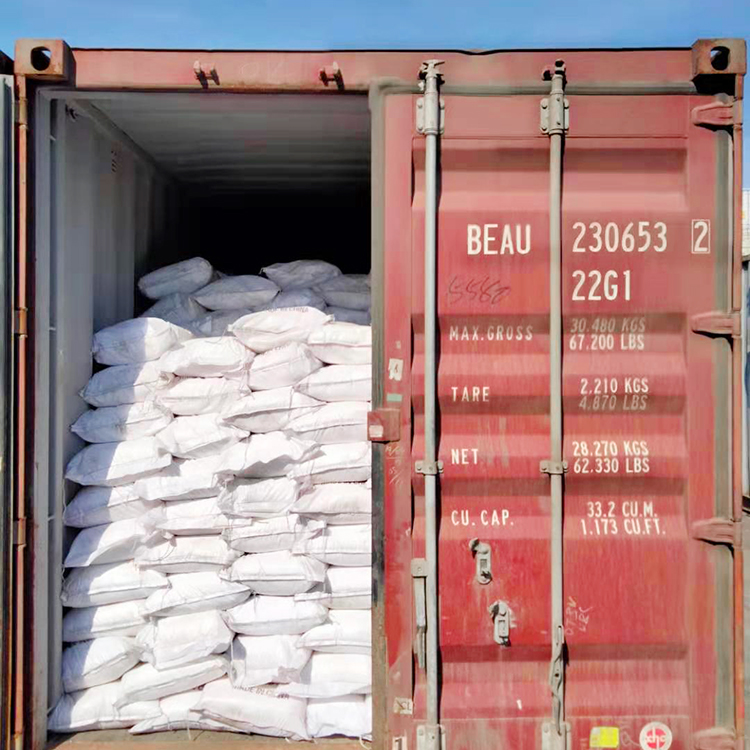Inform your decision making with data that supports thousands of decisions daily.
Search for individual chemicals, energy or fertilizers commodities to learn more about the pricing, news and analysis we offer. Nitric acid

Find out how ICIS data is helping businesses in your sector.
Meet strategic objectives with specialised analytics that optimise outcomes.
Buy, plan and negotiate more effectively with 18-month price forecasts and analytics. Monitor cost pressures and identify early signs of production shifts.
Optimise outcomes with expert news and analysis on the issues that matter.
Grow your networks and your business, with industry-leading events and training.
Connecting markets to optimise global resources.
“ICIS price forecasts have helped us allocate resources smartly and efficiently, to anticipate price changes, and to buy PP at favourable prices. The reports have saved our internal team a lot of time and effort when analysing pricing trends.”
Sante Serrecchia, Administrative & Purchasing Manager, Ondaplast
MUMBAI (ICIS)–India’s phthalic anhydride (PA) industry has been largely insulated from the ongoing global recession given strong local demand, a senior official at local producer KLJ Group told ICIS on Monday.
“The situation in India is different from the rest of the world. The country has been least affected by the global recession,” said Push Jain, director at KLJ Group, which commissioned a 100,000 tonne/year phthalic anhydride (PA) unit recently.
KLJ Group is one of the largest manufacturers of plasticizers and polymer compounds in south Asia. The company is also involved in the marketing and distribution of petrochemicals, derivatives and solvents.
India’s PA demand is projected to grow at an annual average growth of 6-8%, based on the group’s projection.
“The current trend is that most global suppliers are coming to India to sell their PA as there is still demand from domestic downstream industries,” Jain said.
KLJ’s new PA plant was built at its Jhagadia complex in the Bharuch district in the western Gujarat state.
About 70-75% of plant’s PA output will be for captive consumption, with the remainder to be sold to the domestic market.
KLJ operates a 300,000 tonne/year phthalate plasticizers line; a 3,500 tonnes/year maleic anhydride (MA) unit; and a 700 tonnes/year benzoic acid plant at the site.
“Since the marketable quantity will be very limited, initially our focus is on local customers,” the KLJ official said.
KLJ is currently in discussion with various downstream manufacturers, he said, adding, “there is visible organic growth of PA consuming industries but initially our main focus will be to stabilize our captive consumption”.
The Indian government’s decision to bring into effect the mandatory Bureau of Indian Standards (BIS) certification for PA will help grow the industry, Jain said.
“The government aims to encourage the use of standard products in India. Now after the implementation of the BIS quality standards, no producer can sell in India without proper certification,” he added.
The BIS standards for PA came into effect on 22 June 2023.
Currently, three companies have received the BIS certification – Thailand’s Continental Petrochemicals, South Korea’s OCI Co and Aekyung Chemical.
India has been a huge importer of PA from China. According to ICIS data, China accounted for about half of the south Asian country’s PA imports in March 2023.
Current local PA production in India, including KLJ’s new line, combined with imports, can now sufficiently meet current downstream demand, the KLJ official said.
“At one point, China dominated the imports into the country. But that is no longer true,” he added.
“The Indian industry depended on imports as sufficient material was not available in the country earlier and we too imported the product,” Jain said.
Separately, KLJ has witnessed a moderate growth in demand for plasticizers.
Plasticizers are used in plastics or other materials to impart flexibility, softness, or other properties to the finished product. They find application in the medical equipment, food packaging, automotive, adhesives, flexible polyvinyl chloride (PVC) films, vinyl flooring sectors and various other industries including pharmaceuticals, leather, paper and dyes.
The demand for plasticizers is generally good in India with some downstream industries performing well while demand in others has slowed down, the KLJ official said, adding that there was also a demand slowdown in the export markets especially Europe.
“While we are able to export our material, the recession in Europe has affected demand considerably,” he said.
In addition to its Jhagadia site, KLJ operates a non-phthalate plasticizers complex with a 200,000 tonne/year capacity at Silvassa in the union territory of Dadra and Nagar Haveli which lies near Gujarat.
Interview article by Priya Jestin
The subscription platform provides access to our full range of breaking news and analysis Contact us now to find out more
Now, more than ever, dynamic insights are key to navigating complex, volatile commodity markets. Access to expert insights on the latest industry developments and tracking market changes are vital in making sustainable business decisions. Want to learn about how we can work together to bring you actionable insight and support your business decisions?
ICIS® is a brand of LexisNexis® Risk Solutions, part of RELX.

Propylene Glycol Copyright © 2024 LexisNexis Risk Solutions
